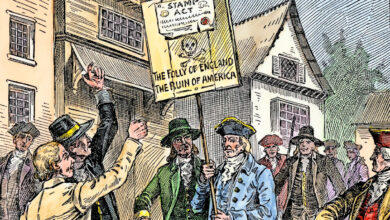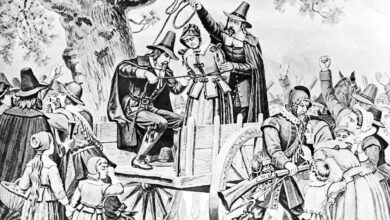Sharpeville’s Echo: The Massacre That Shook the World and Spurred the Fight Against Apartheid
On March 21, 1960, a pivotal event in the history of South Africa and the fight against apartheid occurred in the township of Sharpeville, near Johannesburg. On this day, what began as a peaceful protest against the Pass Laws—a cornerstone of the apartheid system that required African citizens to carry passbooks and restricted their movement—turned into a tragedy that would echo around the world. The Sharpeville Massacre, as it came to be known, marked a turning point in the struggle against apartheid, highlighting the brutal realities of the regime and galvanizing international opposition to South Africa’s policies of racial segregation.
The demonstration was organized by the Pan Africanist Congress (PAC), a breakaway group from the African National Congress (ANC). It called upon the country’s black population to converge on police stations around South Africa and demand arrest for not carrying their passbooks. In Sharpeville, a crowd of 5,000 to 7,000 people gathered outside the local police station, offering themselves up for arrest in a peaceful protest. The situation escalated when police, armed and nervous, opened fire on the unarmed crowd, resulting in the deaths of 69 people, with over 180 wounded, including women and children. Many were shot in the back as they turned to flee.
The Sharpeville Massacre shocked the world, drawing condemnation and leading to increased scrutiny of South Africa’s apartheid policies. Inside South Africa, the event led to a radicalization of anti-apartheid movements, with the ANC and the PAC moving away from exclusively peaceful protest strategies and towards armed struggle in the following years. The massacre also prompted the South African government to declare a state of emergency, during which thousands of activists were detained, and the ANC and PAC were banned.
Internationally, the Sharpeville Massacre spurred a wave of activism against apartheid, leading to economic sanctions and the isolation of South Africa in the global community. It also played a significant role in the eventual release of Nelson Mandela and the dismantling of apartheid decades later.
The legacy of the Sharpeville Massacre is a testament to the courage of those who stood up against injustice and the cost of freedom. It serves as a powerful reminder of the brutalities of apartheid and the resilience of those who fought against it. March 21 is commemorated as Human Rights Day in South Africa, reflecting on the struggle for human dignity and rights for all.





